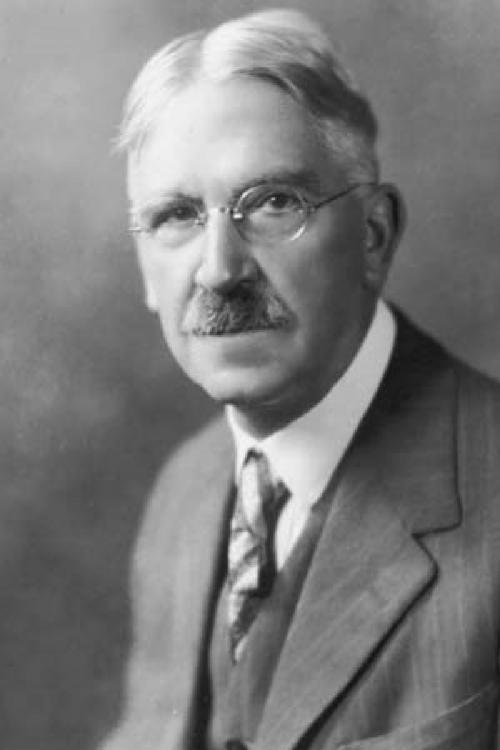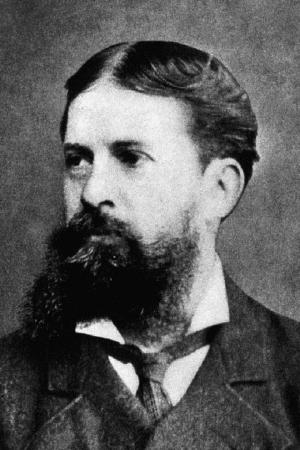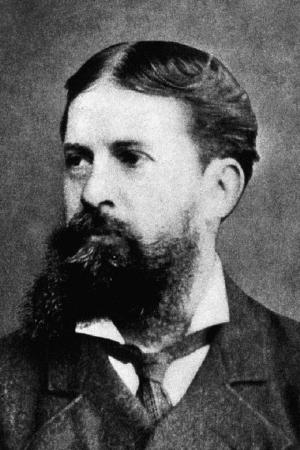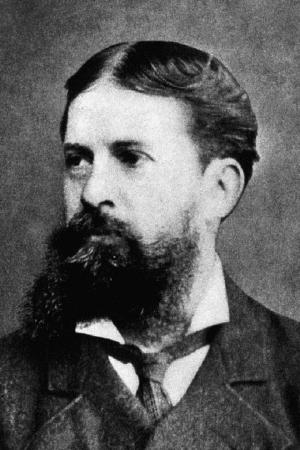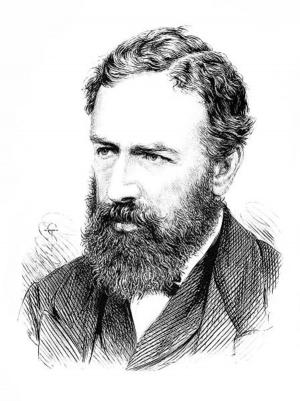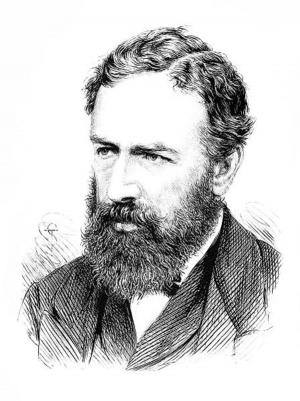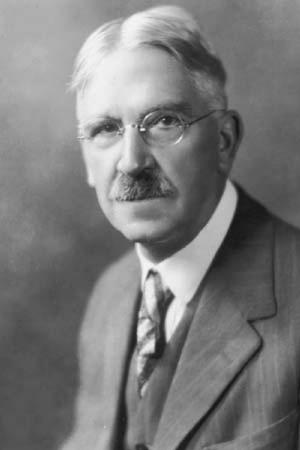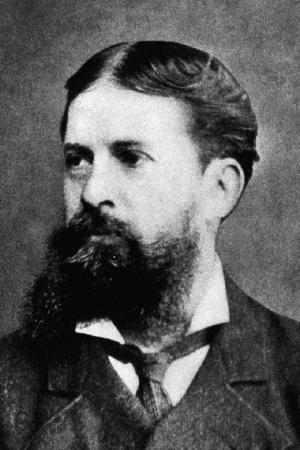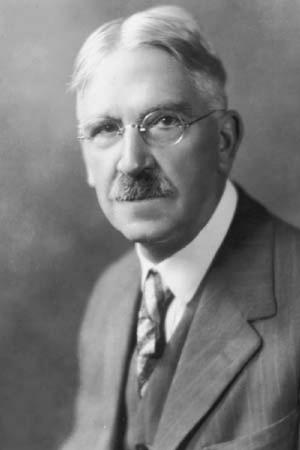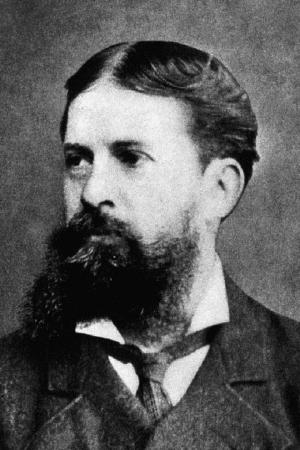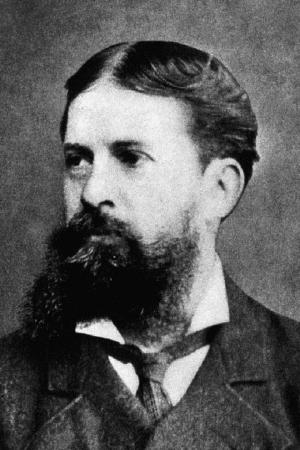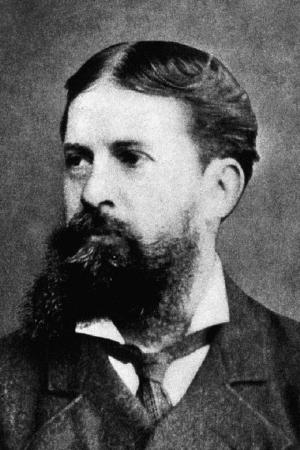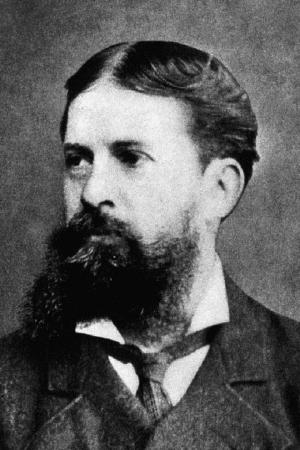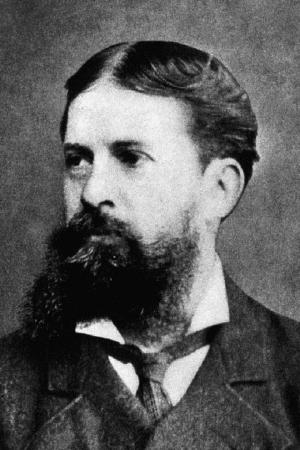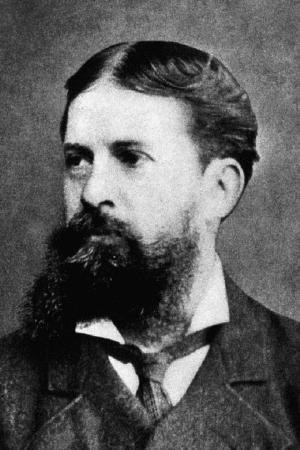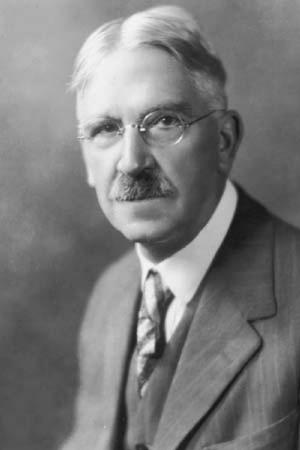The Relation of Theory to Practice in Education (Illustrated)
Business & Finance, Economics, Macroeconomics| Author: | John Dewey | ISBN: | 1230001439458 |
| Publisher: | Timeless Books | Publication: | November 23, 2016 |
| Imprint: | Language: | English |
| Author: | John Dewey |
| ISBN: | 1230001439458 |
| Publisher: | Timeless Books |
| Publication: | November 23, 2016 |
| Imprint: | |
| Language: | English |
The book has an active table of contents for readers to easy access of each chapter.
John Dewey was one of the most influential American philosophers, psychologists, and educators whose ideas have impacted education and social reform around the world. He is one of the founders with the philosophy of pragmatism and of functional psychology. He is in the row with the greatest thinkers including Bertrand Russell, Ludwig Wittgenstein, Karl Popper, Charles Peirce, John Mill, and William James.
Dewey considered schools and civil society as the two fundamental elements that had to be constructively evolved by encouraging experimental intelligence and plurality. Dewey’s belief is that complete democracy is to be sustainable not just by giving and extending voting rights but also by ensuring that a fully formed public opinion is accomplished by communication among citizens, experts, and politicians with the full accountability and responsibility for the policies they adopt.
THE RELATION OF THEORY TO PRACTICE IN EDUCATION is a highly influential publication by John Dewey He further detailed his psychological, social, and political framework for progressive education in the book. He believed in that the progressive approach was the result of the Industrial Revolution and it was a natural fit with the psychology of children. He asserted his philosophical view of education that “I shall assume without argument that adequate professional instruction of teachers is not exclusively theoretical, but involves a certain amount of practical work. The primary question as to the latter is the aim with which it shall be conducted. Two controlling purposes may be entertained so different from each other as radically to alter the amount, conditions, and method of practice work. On one hand, we may carry on the practical work with the object of giving teachers in training working command of the necessary tools of their profession; control of the technique of class instruction and management; skill and proficiency in the work of teaching. With this aim in view, practice work is, as far as it goes, of the nature of apprenticeship. On the other hand, we may propose to use practice work as an instrument in making real and vital theoretical instruction; the knowledge of subject-matter and of principles of education. This is the laboratory point of view. ”
The University of Chicago Laboratory Schools that John Dewey founded was to deliver his pedagogical beliefs “to prepare him for the future life means to give him command of himself; it means so to train him that he will have the full and ready use of all his capacities”. His educational thought of “Learning by Doing” also formed the foundation of the opening of Indian Springs School, Alabama in 1952, one of the best boarding schools in the United States. The school has adapted John Dewey’s pedagogical beliefs in its longstanding motto, Learning through Living.
John Dewey’s influence has been felt in nearly every field of the humanities, sciences, and American corporate culture such learning by doing. The reasoning by John Dewey still remains as relevant today as it was then. This book is one of the most important ones about the deepest thoughts of education by John Dewey, one of the greatest thinkers of education, psychology, and logic on the planet.
The book has an active table of contents for readers to easy access of each chapter.
John Dewey was one of the most influential American philosophers, psychologists, and educators whose ideas have impacted education and social reform around the world. He is one of the founders with the philosophy of pragmatism and of functional psychology. He is in the row with the greatest thinkers including Bertrand Russell, Ludwig Wittgenstein, Karl Popper, Charles Peirce, John Mill, and William James.
Dewey considered schools and civil society as the two fundamental elements that had to be constructively evolved by encouraging experimental intelligence and plurality. Dewey’s belief is that complete democracy is to be sustainable not just by giving and extending voting rights but also by ensuring that a fully formed public opinion is accomplished by communication among citizens, experts, and politicians with the full accountability and responsibility for the policies they adopt.
THE RELATION OF THEORY TO PRACTICE IN EDUCATION is a highly influential publication by John Dewey He further detailed his psychological, social, and political framework for progressive education in the book. He believed in that the progressive approach was the result of the Industrial Revolution and it was a natural fit with the psychology of children. He asserted his philosophical view of education that “I shall assume without argument that adequate professional instruction of teachers is not exclusively theoretical, but involves a certain amount of practical work. The primary question as to the latter is the aim with which it shall be conducted. Two controlling purposes may be entertained so different from each other as radically to alter the amount, conditions, and method of practice work. On one hand, we may carry on the practical work with the object of giving teachers in training working command of the necessary tools of their profession; control of the technique of class instruction and management; skill and proficiency in the work of teaching. With this aim in view, practice work is, as far as it goes, of the nature of apprenticeship. On the other hand, we may propose to use practice work as an instrument in making real and vital theoretical instruction; the knowledge of subject-matter and of principles of education. This is the laboratory point of view. ”
The University of Chicago Laboratory Schools that John Dewey founded was to deliver his pedagogical beliefs “to prepare him for the future life means to give him command of himself; it means so to train him that he will have the full and ready use of all his capacities”. His educational thought of “Learning by Doing” also formed the foundation of the opening of Indian Springs School, Alabama in 1952, one of the best boarding schools in the United States. The school has adapted John Dewey’s pedagogical beliefs in its longstanding motto, Learning through Living.
John Dewey’s influence has been felt in nearly every field of the humanities, sciences, and American corporate culture such learning by doing. The reasoning by John Dewey still remains as relevant today as it was then. This book is one of the most important ones about the deepest thoughts of education by John Dewey, one of the greatest thinkers of education, psychology, and logic on the planet.
